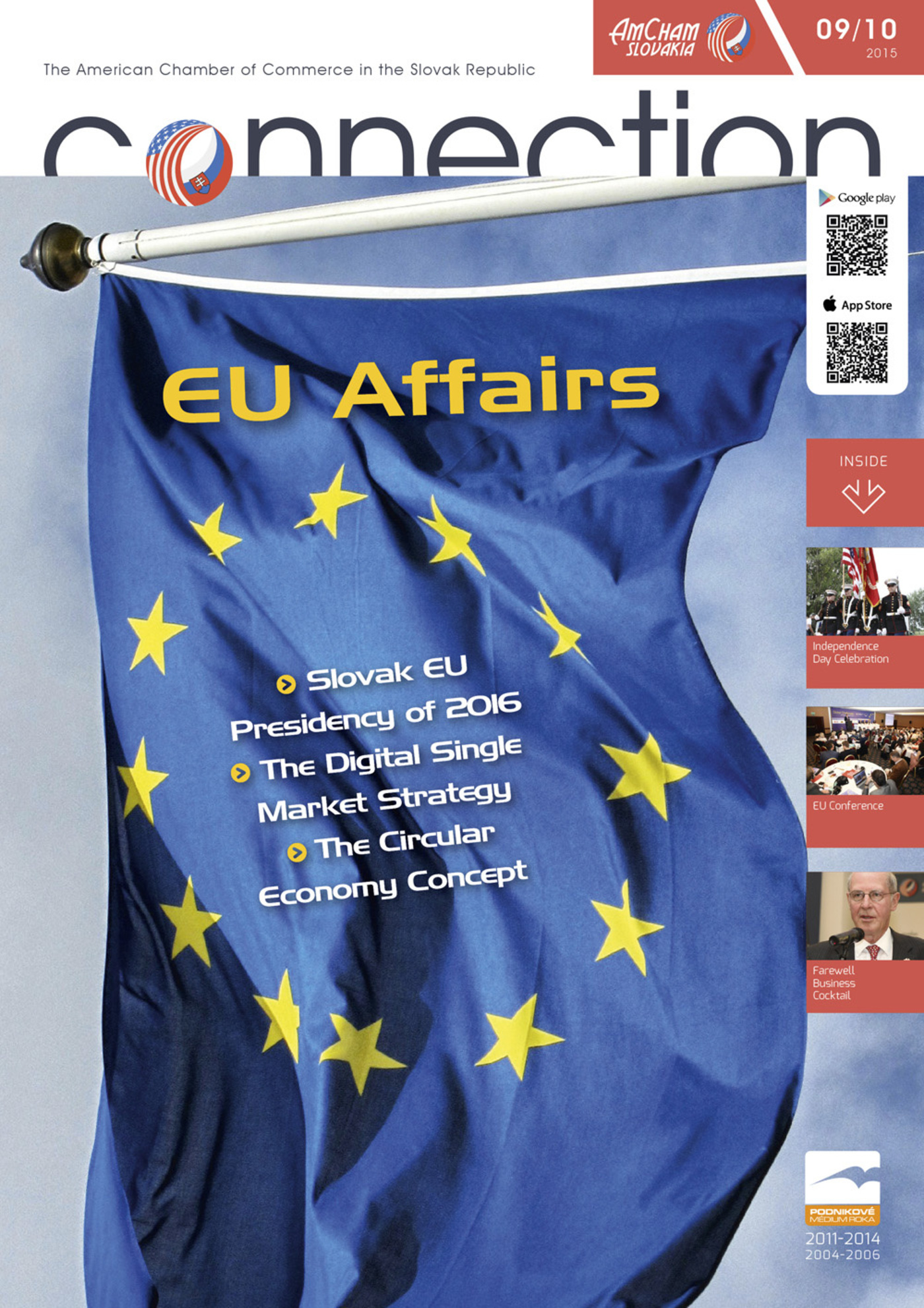Some of the committee’s major achievements as well as its current agenda are introduced by its Chair, Christiana Serugová of PwC.
Brief Interview with Christiana Serugová
What led to the creation of the Tax Committee? What have been its major achievements over the past few years?
As
taxes have a major impact on businesses, both those operating in the
country and those intending to invest here, many years ago, AmCham
created a special committee to provide a platform for members to
exchange views on taxation and provide feedback and new proposals
regarding taxation to the legislators.
Over
the years, the Tax Committee has become a respected body and a partner
for negotiations with the legislators, mainly via its active
participation in the creation of legislation. The Tax Committee has
driven the initiative for changing the system of accounting penalties,
which I believe to be one of its major achievements over the past few
years. We have followed this with efforts to change the concept of tax
penalties, and partial results will be implemented from January 2016,
but there is still work to be done.
We are always trying to
introduce into Slovak legislation concepts which have been proven to
work well for the business community in more developed jurisdictions. We
have been proposing the introduction of binding rulings into Slovak
tax legislation for many years and I am very proud to mention that after
years of effort and work in putting together an analysis of different
concepts used in different countries, binding rulings were introduced
last September.
What are the main issues the Committee is currently focused on?
Right
now, the amendment to the binding rulings legislation is available for
public comment. It enables businesses to ask for binding rulings in
respect of wider tax issues. This amendment has been prepared by the
Ministry of Finance based on the Tax Committee’s continuous efforts to
increase the scope of binding rulings.
Another current topic
that we will continue to work on is the system of motivating tax
penalties. We believe such a system would lead to better tax collection
and, consequently, less need for non-conceptual tax legislation changes.
What are the Committee’s current goals?
There
are two current issues relating to taxation which we believe are
critical for the improvement of the business environment in Slovakia.
The first one is increasing legal certainty and mutual trust between
businesses and tax authorities, which means having a regular plan of
changes in tax and accounting legislation prepared and communicated in
advance, the introduction of motivating tax penalties, and including the
business community in discussions during the creation of legislation,
etc.
The other one is
making Slovakia an attractive place for businesses with higher added
value. To this end, the Tax Committee will continue to argue for the
introduction of holding legislation which would help make Slovakia a
place that businesses want to be headquartered. We believe that Slovakia
is already extremely well positioned for this, given the existing tax
legislation, but small improvements are needed such as the introduction
of a capital gains exemption that would complement the advantageous
dividend taxation.
In addition, taking into account the focus
of the government on R&D and start-ups, we are going to analyze and
propose the introduction of so-called “patent boxes”, special tax
benefits for companies engaged in R&D. In line with the Nexus
approach of the OECD, such tax benefits should be awarded to companies
which physically perform their R&D functions in a country which
provides tax benefits, and we would like to make Slovakia such a
country.



Follow us